Aviation Expert Advocates for Improved Government Support for Indigenous Carriers
In a compelling call to action, the Federal Airports Authority of Nigeria (FAAN) has been strongly advised to activate the slot rule for scheduled carriers. This move could significantly reduce delays and cancellations of flights by operators within the country.
Dr Gabriel Olowo, the former President of Aviation Safety Round Table Initiatives (ASRTI), passionately conveyed his concerns about the high number of delays and cancellations among Nigeria’s carriers. Speaking to Nairametrics in Lagos, he emphasised that Nigeria Airlines’ On-Time Performance (OTP) was alarmingly woeful, with an average of 61% delays, falling far below the globally acceptable standard.
Activating the slot rule, Olowo argued, could prove instrumental in promoting punctuality and reliability among the country’s carriers. A slot, he explained, is an authorisation granted by airport authorities to airlines, allowing them to take off or land at a specific airport on a designated day and time slot. Airlines failing to adhere to their schedules would be rescheduled for another time or day based on the available slots.
Olowo further urged Nigerian airlines to transform their strategies to stay competitive in the sub-sector. Stressing the importance of timely operations, he called for a clear separation of politics from economics. He firmly believed that airlines must achieve at least 90% on-time scheduled flights to enhance their reputation and customer confidence. Additionally, he highlighted the need for differentiation among airports, suggesting the implementation of distinct codes for each terminal.
Criticising the short lifespan of Nigeria’s airlines, Olowo squarely placed 60% of the blame on the Federal Government, with the remaining 40% attributed to the operators. He expressed disappointment over the need for more government support regarding policies, levies, charges, and other operational aspects. Furthermore, Olowo pointed out that the government’s failure to offer assistance and designate “red routes” for domestic airlines had compounded their challenges.
To address the difficulties arising from Nigeria and Africa’s categorisation as high-risk regions by leasing and insurance companies, Olowo stressed the need for immediate action. Foreign companies’ higher charges and premiums adversely affected the operators’ financial sustainability. He also expressed concern that current airlines were repeating the mistakes of the past, continuing with failed approaches reminiscent of liquidated carriers.
Drawing attention to the Ministry of Aviation’s need for more confidence in indigenous airlines, Olowo asserted that 60% of the challenges faced by the industry stemmed from the government. He cited instances where airlines ventured into unfavourable routes, resulting in their inability to recover. The aviation expert highlighted Air Peace’s Chairman, Mr Allen Onyema’s, warnings about red-flagged ways to Ghana, Liberia, and China, urging that such concerns should be addressed when a crisis unfolds.
Olowo concluded by emphasising the urgent need for Nigeria to develop a genuine love for its aviation sector, backed by proper preparations and support. He called for an in-depth analysis of past failures and urged the government to play a constructive role in fostering a robust aviation industry. The success of airlines such as Air Peace should be embraced and further supported rather than allowing crises to dictate the outcome.
In light of the critical issues highlighted by Dr Gabriel Olowo, FAAN must consider activating the slot rule as a viable solution to alleviate flight delays. At the same time, the government should take proactive measures to bolster the nation’s airlines. Embracing this transformative approach would pave the way for Nigeria’s more efficient, reliable, and competitive aviation landscape.












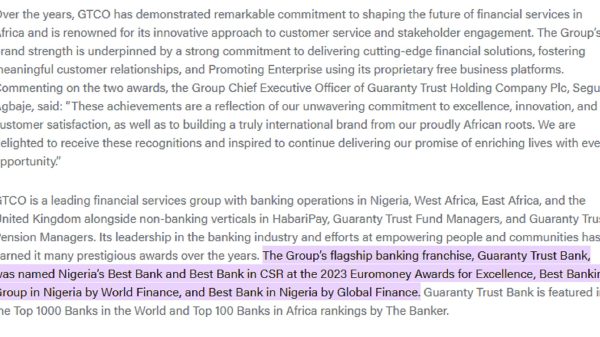



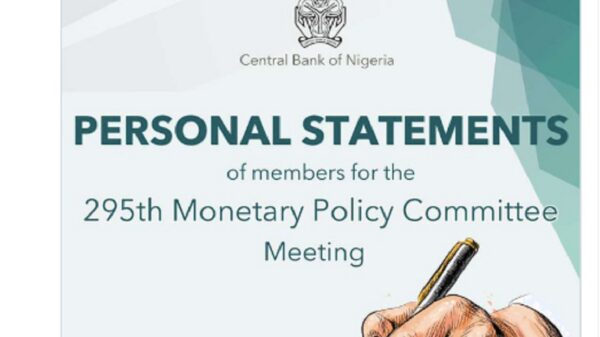




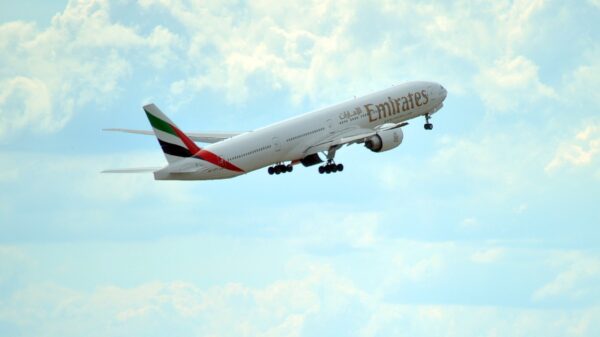



























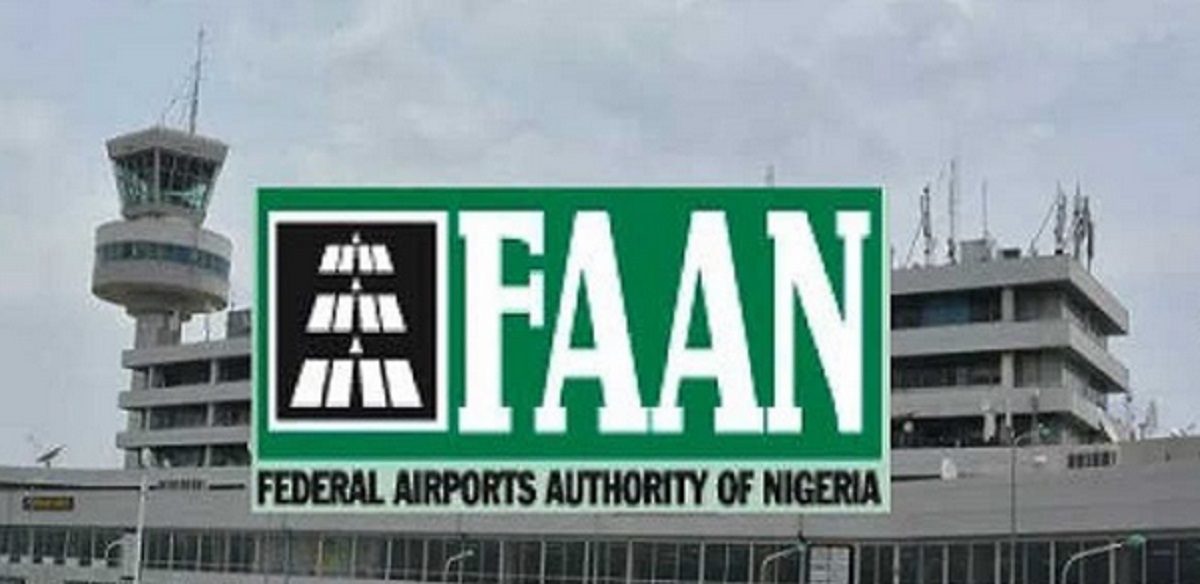
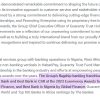



You must be logged in to post a comment Login